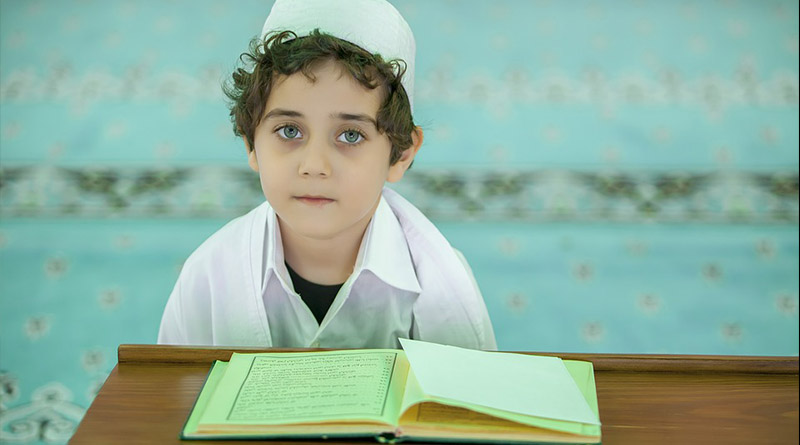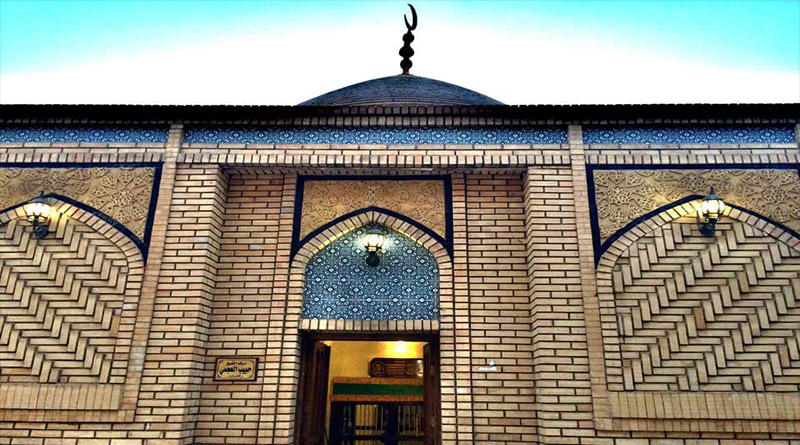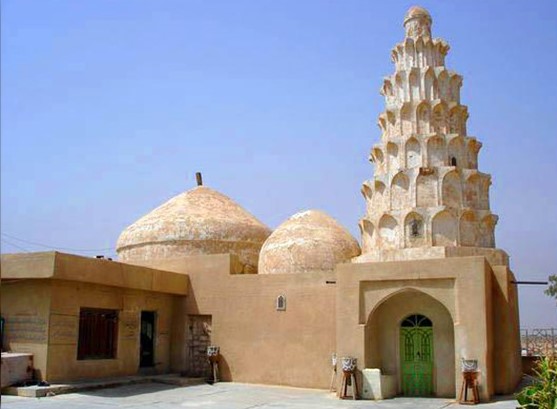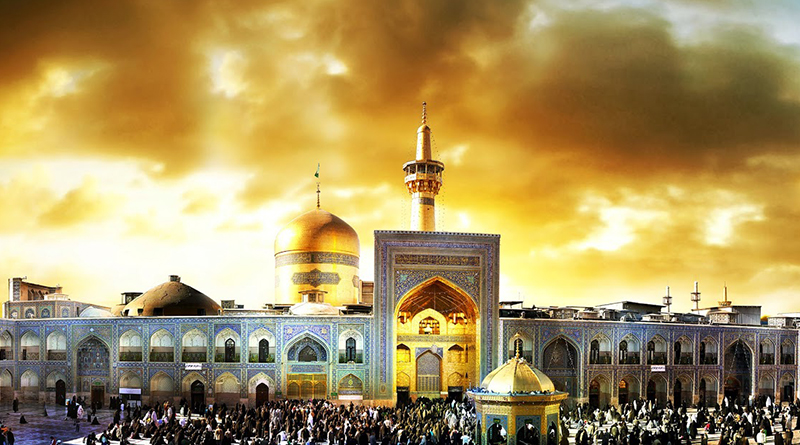The Methodology of the Tariqa
The methodology of the tariqa serves as a healing for humanity from every affliction, aiming to reach a level of purity and perfection. As the most fertile aspect of Islamic spiritual life, it reflects upon human conditions in this world and purifies the self. Allah says: “He has succeeded who purifies it.” There is no success or righteousness without controlling the limbs and curbing desires. Therefore, the tariqa is a catalyst for revival and renewal, refining the human personality so that behavior is guided by its teachings, morals are enhanced by its values, society is elevated through it, and it offers solutions to many social problems and crises.
The Role of the Tariqa in Healing
Those who truly follow the tariqa become spiritual doctors working to heal others’ afflictions. As Al-Muhasibi states in The Book of Love: “They have looked, by the grace of divine wisdom, toward the places where medicines grow, and have been taught how to apply them. They began by healing their own hearts and were then instructed to console the hearts of the sorrowful and those who suffer.”
The Tariqa as a Remedy
Thus, the tariqa is a remedy that the healer first applies to himself to benefit others. As Abu al-Husayn al-Nuri said, the tariqa is not merely texts and theoretical sciences but rather morals — a foundation for life and society. Al-Junayd also said: “We did not take Sufism from idle talk, but from hunger, abandoning the world, and detaching from familiar comforts.”
The Tariqa’s Role in Society
Here, the value and necessity of the tariqa for society emerge clearly. Its esteemed shaykhs have drawn upon their inner lives to find ways to heal hearts, mend the community’s wounds, and make selflessness their emblem. Allah says: “And they give preference over themselves, even though they are in need.”
Spiritual Balance through the Tariqa
Through this, the tariqa equips its followers with new spiritual values that help them face the material world. This balance brings psychological stability, enabling them to overcome life’s challenges. Thus, the tariqa transforms life into a means, not an end, allowing one to take only what is needed without succumbing to the servitude of wealth and status or using them to rise above others. In this way, a person becomes completely free from desires and inclinations with a liberated will.
The Tariqa and Jihad
One point worth mentioning is the association between jihad and the tariqa. Some critics have wrongly accused followers of the tariqa of laziness and withdrawal from worldly matters. However, the truth is far from this. The followers of the tariqa have recorded illustrious pages in the history of Islam and its civilization. For instance, Sayyid Shaykh Abdul Qadir al-Jilani filled hearts with faith and strengthened the spirit of jihad among Muslims against the Crusaders. His Sufi school in Baghdad was a spiritual forge of great importance, the fruits of which were later reaped by Salah al-Din al-Ayyubi, who defeated the Crusader armies.
The Tariqa’s Humanitarian Outlook
The followers of the tariqa also led masses in fighting the Spanish and Portuguese, with many sacrificing their lives. Followers of the tariqa serve as a refuge in times of crisis, providing social services, acts of charity, compassion, and brotherhood. It is worth noting that the tariqa has a universal humanitarian outlook, open to all religions and races. Allah says: “And We have not sent you, [O Muhammad], except as a mercy to the worlds.”
The Tariqa and the Unity of Humanity
He also says: “Indeed this, your religion, is one religion, and I am your Lord, so worship Me,” and “And indeed this, your religion, is one religion, and I am your Lord, so fear Me.”
The Universal Message of Islam
Since Islam, in its essence, is a religion open to all races, with no difference between Muslims of different ethnicities, languages, colors, locations, or times except in piety: “Indeed, the most noble of you in the sight of Allah is the most righteous of you,” the tariqa broadens the horizons of Islam, extending it to other religions and achieving an inclusive and secure society. The tariqa is open to all human religious experiences, sympathizes with various spiritual approaches, and unites humanity in brotherhood across different times and places. Allah says: “And if they incline to peace, then incline to it [also].”
The Essence of Peace in Islam
The first Quranic text revealed by the Holy Spirit to our Prophet Muhammad, intended for all humanity, was: Everyone knows the profound meanings and lessons in this Quranic text, affirming that Islam is a religion of peace, brotherhood, and love.
References
- 1 – Ash-Shams: 9.
- 2 – *The Book of Love* by Al-Muhasibi.
- 3 – *The Risala al-Qushayriyya*, p. 20.
- 4 – Al-Hashr: 9.
- 5 – See *Thus Arose the Generation of Salah al-Din al-Ayyubi*, by Majid Arsan.
- 6 – Al-Anbiya: 107.
- 7 – Al-Anbiya: 92.
- 8 – Al-Mu’minun: 52.
- 9 – Al-Hujurat: 13.
- 10 – Al-Anfal: 61.
Source: Shaykh Muhammad al-Kasnazan, *Al-Tariqah al-‘Aliyyah al-Qadiriyyah al-Kasnazaniyyah*, p. 99.




